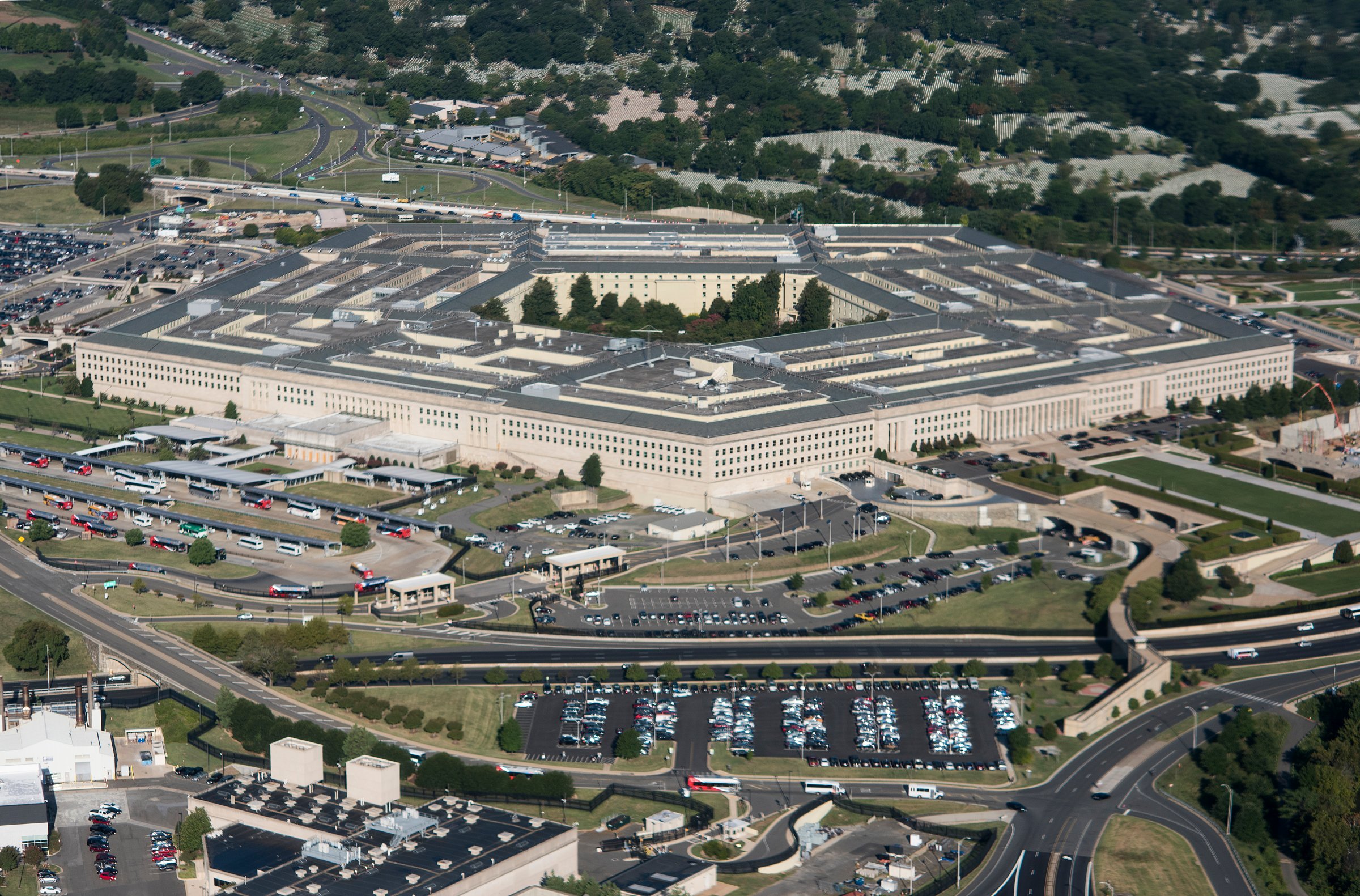
U.S. government spending on artificial intelligence has exploded in the past year, driven by increased military investments, according to a report by the Brookings Institution, a think tank based in Washington D.C.
The report found that the potential value of AI-related federal contracts increased by almost 1,200%, from $355 million in the period leading up to August 2022, to $4.6 billion in the period leading up to August 2023.
This increase was almost entirely driven by the Department of Defense (DoD). The total amount committed by the DoD to AI-related contracts increased from $190 million in the period leading up to August 2022 to $557 million in the period leading up to August 2023.
The total that the DoD might spend on AI-related contracts if each contract were extended to its fullest terms grew even faster, from $269 million in the period leading up to August 2022 to $4.3 billion in the period leading up to August 2023. This potential surge in military spending was so large that “all other agencies become a rounding error,” the report's authors note.
The DoD has made a number of recent announcements regarding its use of AI. In November 2023 it released an AI adoption strategy, and in January of this year Deputy Assistant Secretary of Defense Michael C. Horowitz stated that the DoD had launched a number of AI initiatives and investments.
These announcements, and the dramatic increase in AI spending, come at a time of fierce technological competition between the U.S. and China. The AI superpowers are nurturing their domestic industries for the semiconductor chips required to develop the most powerful AI models, while the U.S. government has imposed export restrictions that aim to prevent China from acquiring the most advanced chips.
When asked for comment, a DoD official questioned the accuracy of the Brookings analysis, pointing out that, for example, the department requested $874 million in fiscal year 2022 for AI research, development, testing and evaluation and $1.8 billion for AI research, development, testing and evaluation in fiscal year 2024.
But despite the substantial increase, public expenditures on AI are dwarfed by those of big tech companies. In the private sector, AI researchers and engineers command salaries in the millions. Companies are investing heavily in the computational resources required for cutting-edge AI systems, too. Mark Zuckerberg, founder and CEO of Meta, recently claimed that by the end of 2024, his company would own more than 340,000 Nvidia H100 GPUs, the semiconductor chip of choice for advanced AI models, which cost around $30,000 each. Microsoft is reportedly annually investing more than $50 billion into data centers packed with semiconductor chips.
Even putting aside expenditures on AI infrastructure, the private sector significantly outspends the public sector on AI, says Josh Wallin, a Fellow in the Defense Program at D.C.-based think tank Center for a New American Security. This is unlikely to change, given how general-purpose of a technology AI is, he argues.
The Brookings report also found that the size of the contracts awarded was starting to increase, reflecting a shift from small-scale experimentation to larger-scale implementation. AI’s technological maturation, rather than geopolitical competition with China, is responsible for the surge in military AI spending, says Wallin.
“DoD has obviously been aware of the fact that we are up against potential adversaries in terms of AI development,” says Wallin. “DoD has been investing for the last several years in capability development, and they're finally just getting to the point where they're having to actually deploy, validate, and do a lot more large-scale experimenting.”
More Must-Reads from TIME
- Cybersecurity Experts Are Sounding the Alarm on DOGE
- Meet the 2025 Women of the Year
- The Harsh Truth About Disability Inclusion
- Why Do More Young Adults Have Cancer?
- Colman Domingo Leads With Radical Love
- How to Get Better at Doing Things Alone
- Michelle Zauner Stares Down the Darkness
Write to Will Henshall at will.henshall@time.com



